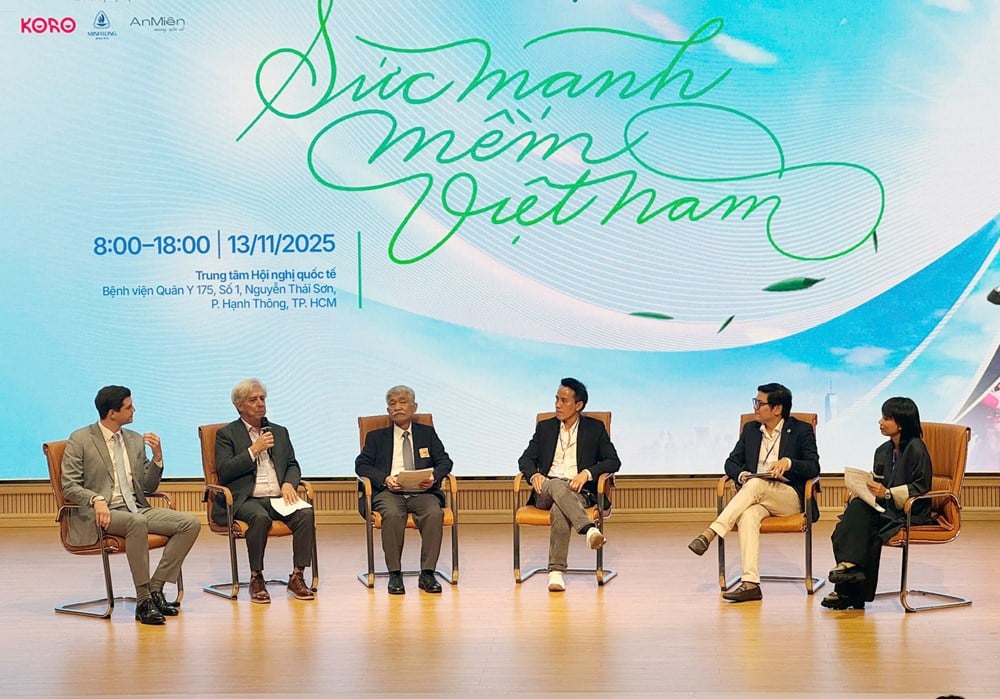
On November 13, at the International Convention Center - Military Hospital 175 (HCMC), the Ho Chi Minh City Peace and Development Foundation (HPDF) hosted the Vietnam Moment 2025 Forum with the theme "Vietnam's soft power: Advantages, challenges and prospects".
The forum is designed as an open space, bringing together scholars, experts, businessmen, artists and representatives of the young generation in many fields. The goal is to create a forum for focused discussion on the significance of soft power for a rapidly developing and deeply integrated country like Vietnam.
The presentations at the forum agreed on the view that a country’s soft power is its ability to influence through its cultural appeal, values and beliefs. For Vietnam, the foundation of soft power is built on a tradition of patriotism, a spirit of peace, diligence, creativity and a rich cultural identity.
Ms. Ton Nu Thi Ninh, President of HPDF, emphasized: "Soft power" is an important pillar in national development, expressed through culture, values, people and influential stories.
In the context of a complex and changing world , identifying and promoting soft power has become urgent. The forum aims to seek practical proposals that can contribute to policy making, thereby spreading the image of Vietnam as a humane, creative and sustainably developing country.
According to Dr. Tran Nguyen Khang (Faculty of International Relations, University of Social Sciences and Humanities - VNU-HCM), in the era of integration and global communication, soft power has become a central concept to explain how countries create influence not by coercion, but by the attractiveness of culture, values and development vision.
"Soft power" through an international perspective
Speaking at the Forum, Mr. Kunio Takahashi - Vice President of the Institute of International Strategy, Japan Research Institute said that "soft power" is the ability to persuade rather than coerce.
He cited an example: “Anime (Japanese animation) and manga (Japanese comics) are clear symbols of Japan’s soft power. Many foreigners learn about and love Japanese culture through anime and comics, and from there learn Japanese and travel to ‘manga holy lands’.”
According to Kunio Takahashi, even the Japanese government initially failed to appreciate the influence of manga – an industry that now generates $19.8 billion in global revenue (2023, according to Parrot Analytics and the Association of Japanese Animations).
“Not only Japan, but also South Korea takes advantage of soft power through cinema, music and popular culture. Vietnam can absolutely find its own appeal through landscape, cuisine or hospitality,” said Kunio Takahashi , while also warning about the downside of soft power – when it is exploited to guide international public opinion in a direction favorable to a country.
From a European perspective, Mr. Adam Koulaksezian, Director of the French Chamber of Commerce and Industry in Vietnam (CCIFV), said: “If asked: What is soft power for you, a French person?” I would answer that soft power is the ability to inspire rather than impose.
It's the power of ideas, of example, and of collaboration – the art of making people want to work with you, not for you.”
He argues that France's influence comes from culture, education, diplomacy and innovation – not just power or size.
“The world is changing rapidly. The soft power of France and Europe must develop, combining traditional values with a spirit of innovation. The common story of Europe should be one of balance, sustainable development and humanism in times of uncertainty. Influence does not come from uniformity, but from unity in diversity,” said Adam Koulaksezian.
Mr. Sam Korsmoe - American author, journalist, and writer who has lived in Vietnam for many years believes that America's soft power is formed through people, beliefs, and values that spread rather than impose.
“The United States is now at risk of losing its soft power due to its shaky policies and beliefs,” says writer Sam Korsmoe. “As other countries rise, this influence vacuum can be filled.”
For Vietnam, he suggested: “Based on the experience from the US, we should put people and trust first. Neutrality, flexibility, soft skills and the ability to listen are core values in modern diplomacy.”
Vietnamese-American documentary filmmaker Tommy Nguyen expands on the issue of US soft power through the media and entertainment industry. He argues that in addition to the active soft power from the government, the US also has “passive” soft power from movies, sports, technology and news media, especially celebrity news and high-profile court cases.
Tommy analyzed: “American news and documentaries are produced using the same formula as Hollywood – emphasizing drama, empathy and action. It is commercialization that makes American media attractive, widespread and influential globally. This is also the reason why English has become an international language.”
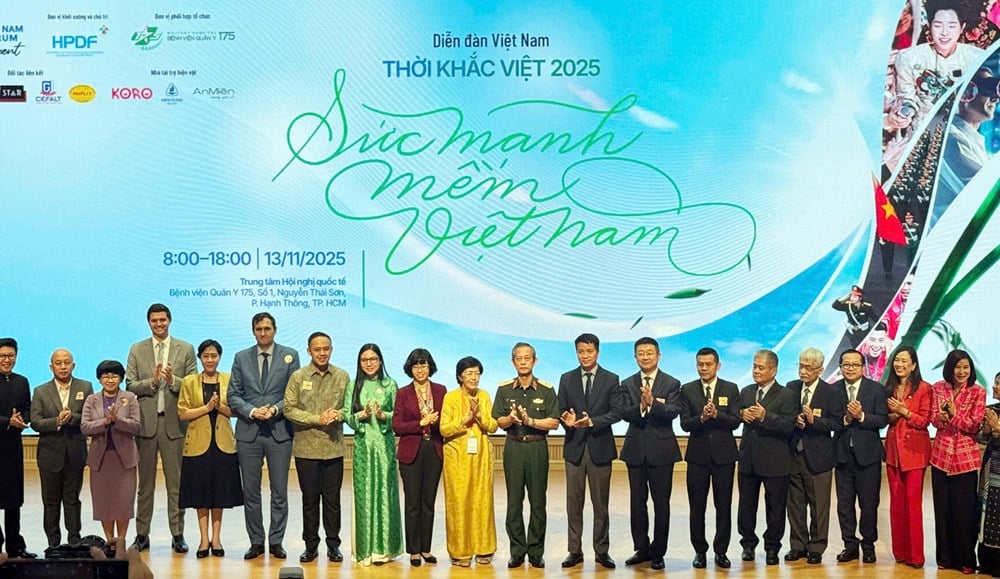
Suggestions for Vietnam
From international cases, many experts believe that the process of building soft power requires long-term strategy, perseverance and the ability to connect policy, cultural creativity, communication and content industry. Vietnam can refer to these models when entering a new phase in building a national brand.
During the discussion sessions, speakers from academia, business, human resources, media, etc. analyzed soft power from many perspectives: culture, economics, labor market and brand strategy.
Experts say that when Vietnam becomes a destination for new value chains, national image and social trust are factors that greatly influence international cooperation, investment and exchange.
Culture – with its role in creating identity and differentiation – is the foundation for enhancing soft power. At the same time, economic factors, innovation and high-quality human resource development are the conditions that help transform cultural values into real attraction.
According to the Organizing Committee, the Vietnam Moment Forum is a non-profit initiative promoted by HPDF, aiming to connect Vietnamese people at home and abroad, encourage two-way exchanges and share success stories – especially from the younger generation.
The Vietnam Moments 2025 Forum hopes to contribute to identifying Vietnamese identity in the context of globalization, spreading the image of a modern, humane, creative and sustainably developing Vietnam.
Source: https://baovanhoa.vn/van-hoa/hieu-ve-suc-manh-mem-va-dinh-vi-suc-hap-dan-quoc-gia-181252.html



![[Photo] Special class in Tra Linh](https://vphoto.vietnam.vn/thumb/1200x675/vietnam/resource/IMAGE/2025/11/14/1763078485441_ndo_br_lop-hoc-7-jpg.webp)

![[Photo] Deep sea sand deposits, ancient wooden ship An Bang faces the risk of being buried again](https://vphoto.vietnam.vn/thumb/1200x675/vietnam/resource/IMAGE/2025/11/13/1763033175715_ndo_br_thuyen-1-jpg.webp)
![[Photo] Unique art of painting Tuong masks](https://vphoto.vietnam.vn/thumb/1200x675/vietnam/resource/IMAGE/2025/11/14/1763094089301_ndo_br_1-jpg.webp)

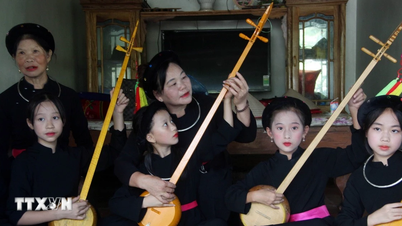

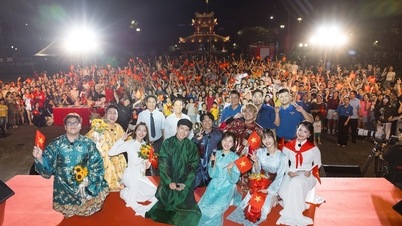








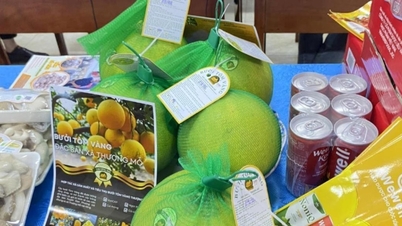

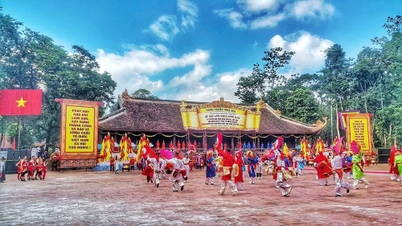
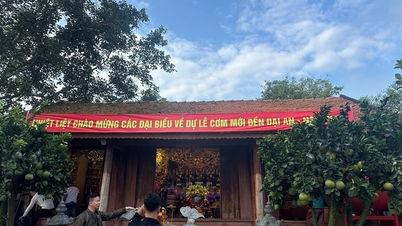
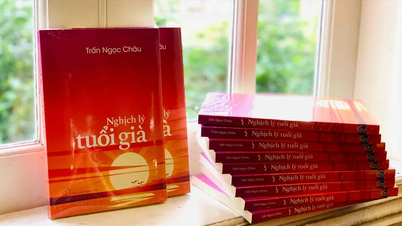
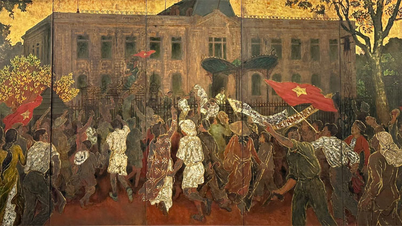







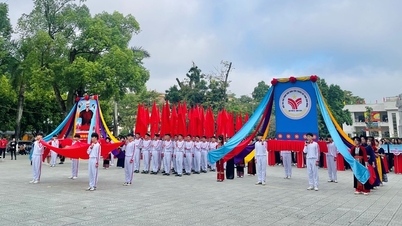
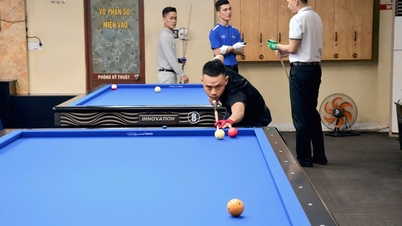
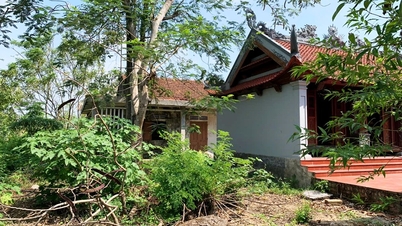
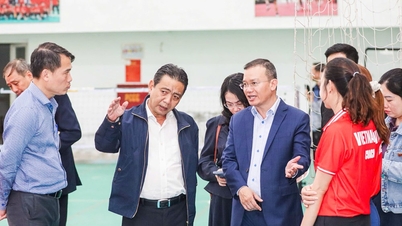

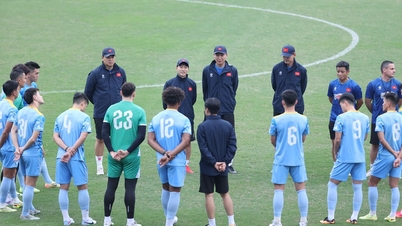








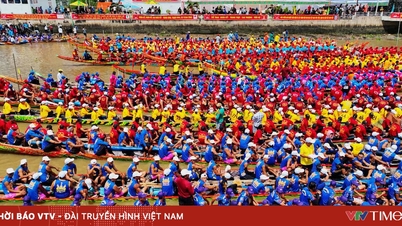

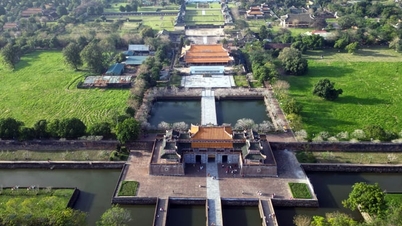





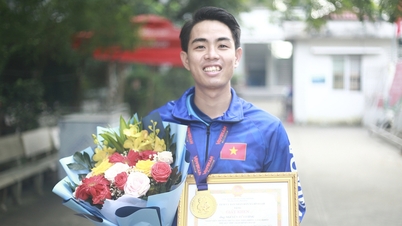

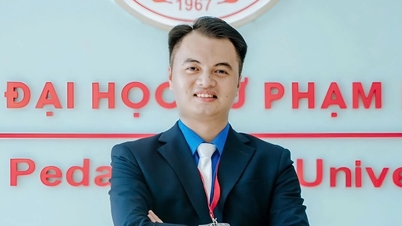




















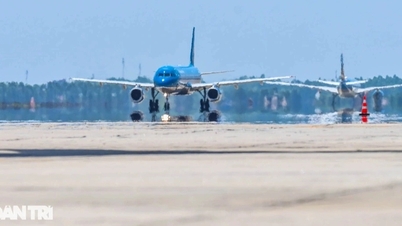

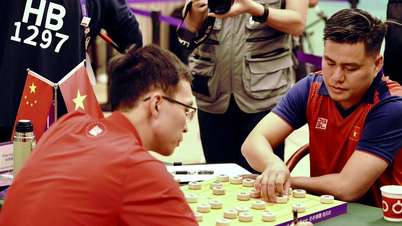
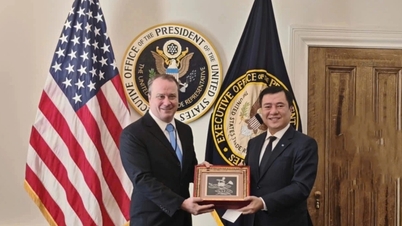





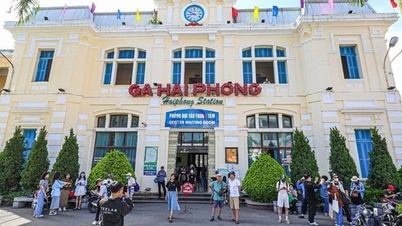

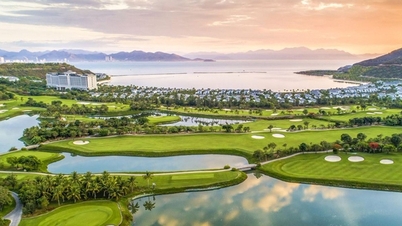
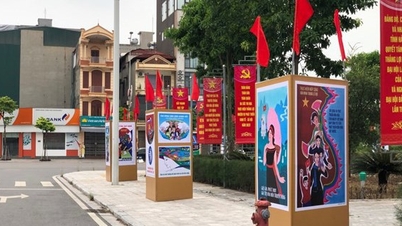
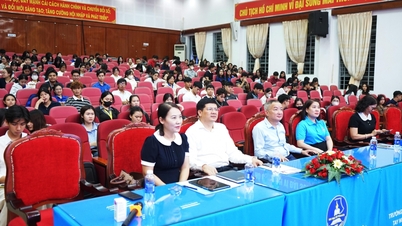

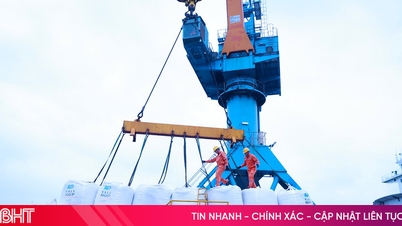

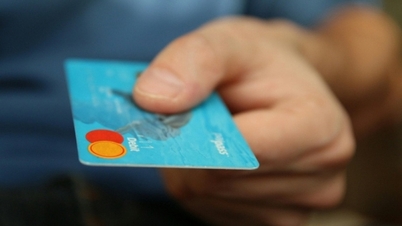

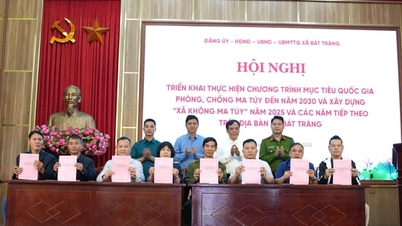
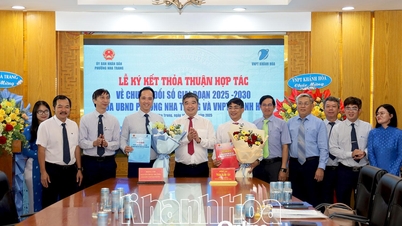







![Dong Nai OCOP transition: [Article 3] Linking tourism with OCOP product consumption](https://vphoto.vietnam.vn/thumb/402x226/vietnam/resource/IMAGE/2025/11/10/1762739199309_1324-2740-7_n-162543_981.jpeg)




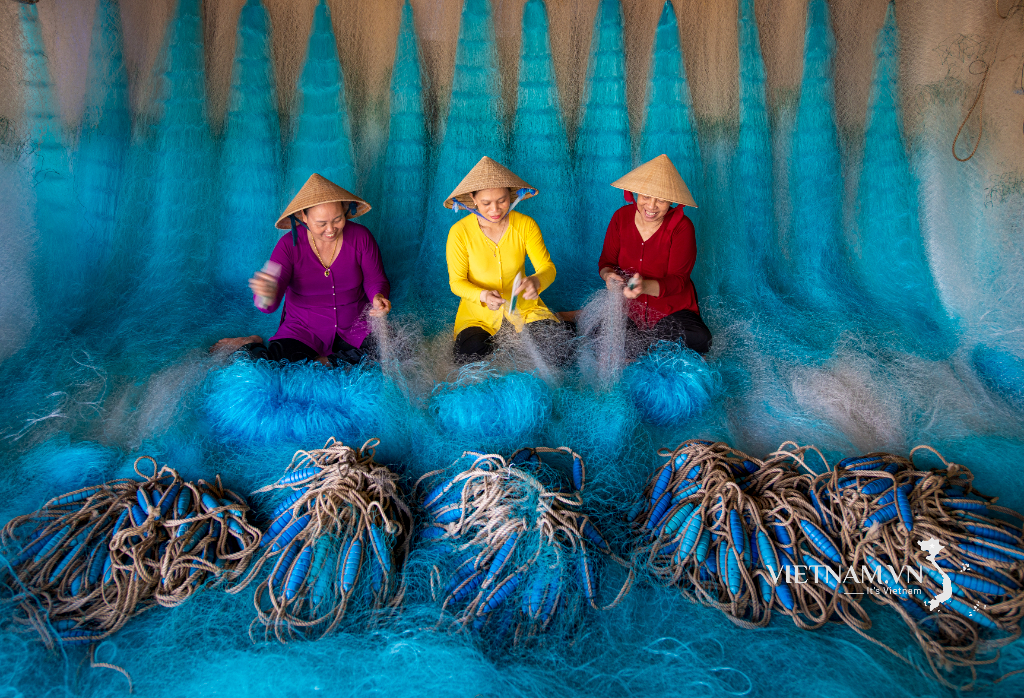

Comment (0)